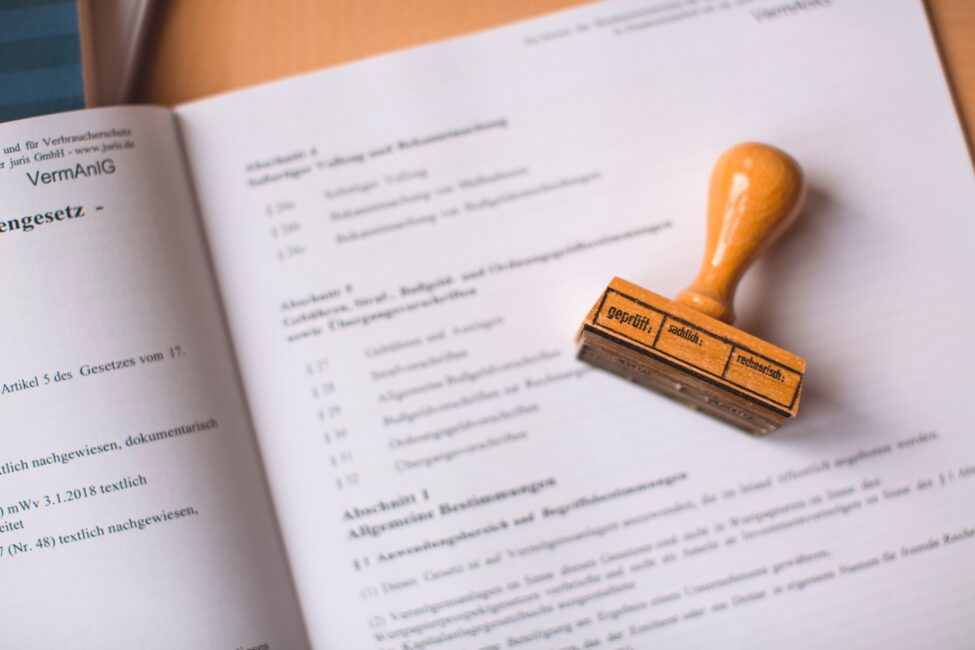Trust administration is often a complex and tedious process that must be handled carefully to ensure that beneficiaries receive their intended inheritance. While it can involve various legal matters, delicate emotions, and careful record-keeping, trust administration doesn’t have to be an overwhelming journey for you or your loved ones – especially when you’re armed with useful knowledge about the process. This blog post covers everything from estate planning tips to accounting strategies to filing deadlines so there’s no need to feel unconfident navigating the sometimes-complex terrain of trust administration. Whether you are just starting out or are well on your way through this process, this post has something here for everyone!
What is Trust Administration and Who Should Administer ItÂ
Trust administration is a process wherein an individual, also known as a trustee, is given legal responsibility for managing assets that have been placed into an established trust. These trust assets can include things like money, property, and other investments. This person should be knowledgeable of estate law and the legal implications that come with handling the financial needs of the trust’s beneficiaries. Working closely with the attorney who created the trust document is key in making sure all necessary rules are followed and making sure nothing within the trust goes against or voids any laws. The best trustees are individuals who are honest, reliable, and organized in their day-to-day approach to administering a trust. Most importantly, maintaining open and consistent communication with all parties involved throughout the entire process is essential to the efficient execution of trust administration. While the trust administration process in Arizona may differ from that of another state, the overall goal is still to ensure the trust’s assets are managed securely and properly with respect to the wishes of the grantor. This includes being mindful of the needs and interests of all beneficiaries, as well as any other fiduciary duties that must be fulfilled.Â
Responsibilities of the Trust AdministratorÂ
As a trust administrator, it is your responsibility to manage the trust assets and ensure that the terms of the trust are followed. This includes collecting and managing receipts, balancing accounts yearly, distributing income or assets as directed, maintaining accurate record-keeping of all transactions, filing timely and accurate tax returns, and ensuring ongoing compliance with relevant laws. Your role also involves providing sound advice to trustees and beneficiaries on issues relating to accounting, tax law, investments, and other related aspects of the trust administration process. In short, a trust administrator takes an important stewardship role in protecting the interests of those involved in a trust.
Disputes That Can Arise During Trust AdministrationÂ
Trust administration can be an arduous process, and unfortunately, disputes between parties involved can often arise during this time. These disputes might involve disagreements over the details of the trust agreement, including who is entitled to what assets, concerns regarding the trustee’s performance, or allegations of misconduct or negligence on the part of the trustee. As such, it’s important for everyone involved in a trust’s distribution to remain aware and up-to-date on any developments that may lead to potential disputes and how to handle them properly within their respective legal frameworks. Knowing how to handle potential dissension before it arises can help ensure a smooth transition into trust administration.
Benefits of Working with a ProfessionalÂ
Working with a professional when engaging in trust administration processes can be incredibly beneficial. From basic tasks like double-checking documents and providing legal advice to complex matters such as taxation and court scheduling, enlisting the help of an experienced practitioner can save precious time and resources. Having a knowledgeable expert on your side reduces the risk of costly mistakes, ensures compliance with applicable laws, and provides you with timely updates about any changes to regulations that may affect your trust or estate. With the assistance of a qualified specialist, you can rest assured knowing that all your trust or estate needs will be met seamlessly and quickly.
In conclusion, trust administration requires considerable expertise and knowledge. This can feel daunting for those unfamiliar with the process. To ensure these important decisions and responsibilities aren’t taken too lightly, it’s best to consult an experienced professional—one you can trust to provide the necessary guidance and understanding of your needs. Above all else, take time to research the different professionals available and the services they provide so that you can make an informed decision when selecting someone to administer your trust. Ultimately, utilizing the right resources is key in making sure that all aspects of trust administration processes are handled correctly. With the right help, you can rest assured knowing your trust is in good hands.























